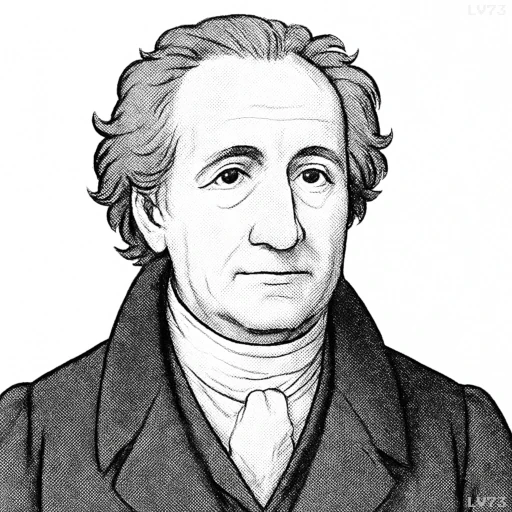“Mastery passes often for egotism.”

- August 28, 1749 – March 22, 1832
- German
- Poet, playwright, novelist, philosopher, politician
table of contents
Quote
“Mastery passes often for egotism.”
Explanation
Goethe highlights the common misconception that those who have achieved mastery in a particular field or skill are often misjudged as being egotistical or overly focused on their own self-interest. Mastery, which requires dedication, practice, and self-discipline, is sometimes mistaken for pride or self-centeredness because of the confidence and expertise that comes with it. However, Goethe suggests that true mastery is a result of hard work and commitment, not an expression of arrogance or self-aggrandizement. In fact, someone who has achieved mastery often has a deep understanding and respect for their craft, which should be seen as a positive quality, rather than a negative trait like egotism.
Historically, this idea reflects the tension between the value of skill and the misinterpretation of confidence or success as ego-driven behavior. Goethe, living in an era where intellectual and artistic achievement was highly valued, understood the difference between self-assurance born of experience and the false appearance of arrogance. He believed that people who are truly skilled or accomplished may be unfairly judged, as society often struggles to distinguish between humility and egotism in those who excel.
In modern contexts, this idea remains highly relevant in professional and creative fields. In the workplace or in the arts, individuals who demonstrate expertise and confidence in their abilities are sometimes labeled as egotistical, even if their actions are rooted in passion and dedication. This misjudgment can be particularly frustrating for those who have worked hard to achieve a high level of proficiency but are seen as self-centered rather than being respected for their accomplishments.
Goethe’s words remind us that mastery is often misunderstood. While expertise and confidence are necessary elements of success, they are sometimes mistaken for egotism. We should aim to recognize and appreciate the dedication and effort behind someone’s mastery, rather than reducing it to a negative assumption about their character.
Would you like to share your impressions or related stories about this quote in the comments section?




